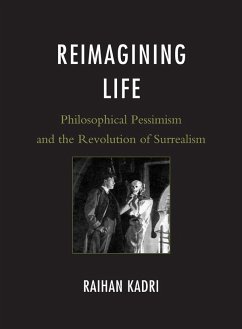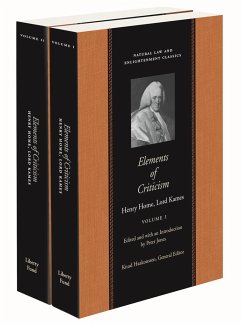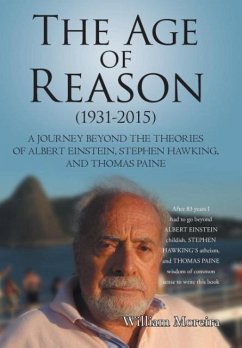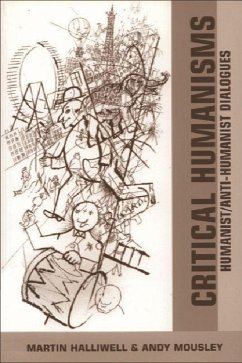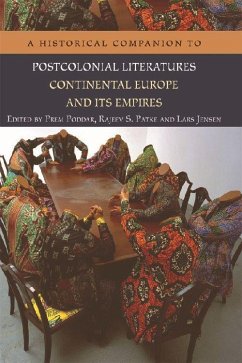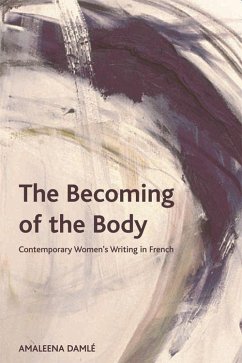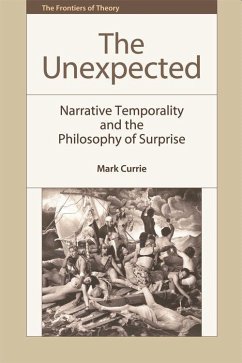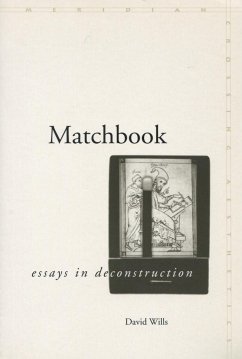Nicht lieferbar
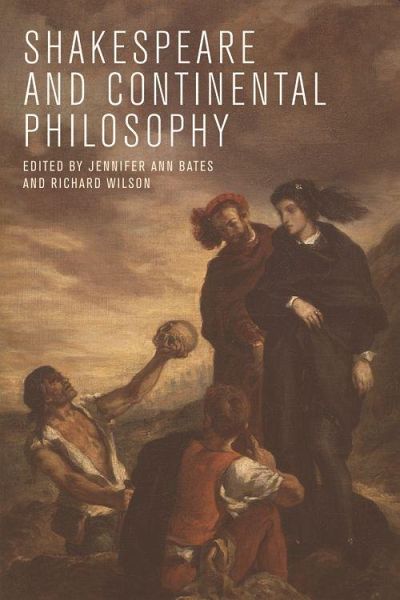
Shakespeare and Continental Philosophy
This collection of 15 essays by celebrated authors in Shakespeare studies and in continental philosophy develops different aspects of the interface between continental thinking and Shakespeare's plays. The authors draw from current continental philosophy (e.g. Lacan, Foucault, Derrida) as well as from the 19th century continental tradition (e.g. Hegel, Kierkegaard) and from the early roots of continental tradition (e.g. Aristotle, Ibn Sina). The chapters address the span of the tragedies, comedies and history plays in the light of thinkers as diverse as Aristotle, Ibn Sina and Jean-Luc Marion, Hegel, Kierkegaard, Schopenhauer, Schmitt, Arendt, Lacan, Levinas, Foucault and Derrida.
'The contributors are all of high calibre and the essays are adventurous, refreshing and wide-ranging in their appeal. The book will make a substantial contribution to the task of exploring Shakespeare as a critical thinker.' Sarah T. Beckwith, Duke University The first collection to explore the interface between continental thinking and Shakespeare's plays This collection of fifteen essays by celebrated authors in Shakespeare studies and in continental philosophy brings the two fields into dialogue with each other. The contributors pair plays with one or more philosophers, drawing from current continental philosophy (e.g. Lacan, Foucault, Derrida), from the nineteenth-century continental tradition (e.g. Hegel, Kierkegaard), and from the early roots of continental tradition (e.g. Aristotle, Ibn Sina). Shakespeare is represented by a range of plays, including Hamlet, The Tempest, Richard II , A Midsummer Night's Dream, Troilus and Cressida, Coriolanus, As You Like It, as well as The Sonnets. List of contributors: Jennifer Ann Bates; Catherine Belsey; Edward S. Casey; Howard Caygill; Andrew Cutrofello; Bernard Freydberg; Peter Holbrook; James A. Knapp; Paul A. Kottman; Julia Reinhard Lupton; Christopher Norris; Christopher Pye; Nicholas Royle; Tom Stern; Richard Wilson Jennifer Ann Bates is Associate Professor of Philosophy at Duquesne University. She is the author of Hegel's Theory of Imagination (2004) and Hegel and Shakespeare on Moral Imagination (2010) as well as journal articles in the Wallace Stevens Journal, the Journal for Environmental Ethics, Criticism, Philosophy Compass, and Memoria di Shakespeare. Richard Wilson is the Sir Peter Hall Professor of Shakespeare Studies at Kingston University, and the author or editor of numerous books on Shakespeare and theory, including Will Power: Studies in Shakespearean authority (1993), Secret Shakespeare: Essays on theatre, religion and resistance (2004), Shakespeare in French Theory: King of Shadows (2007), and Free Will: Art and power on Shakespeare's stage (2013).





